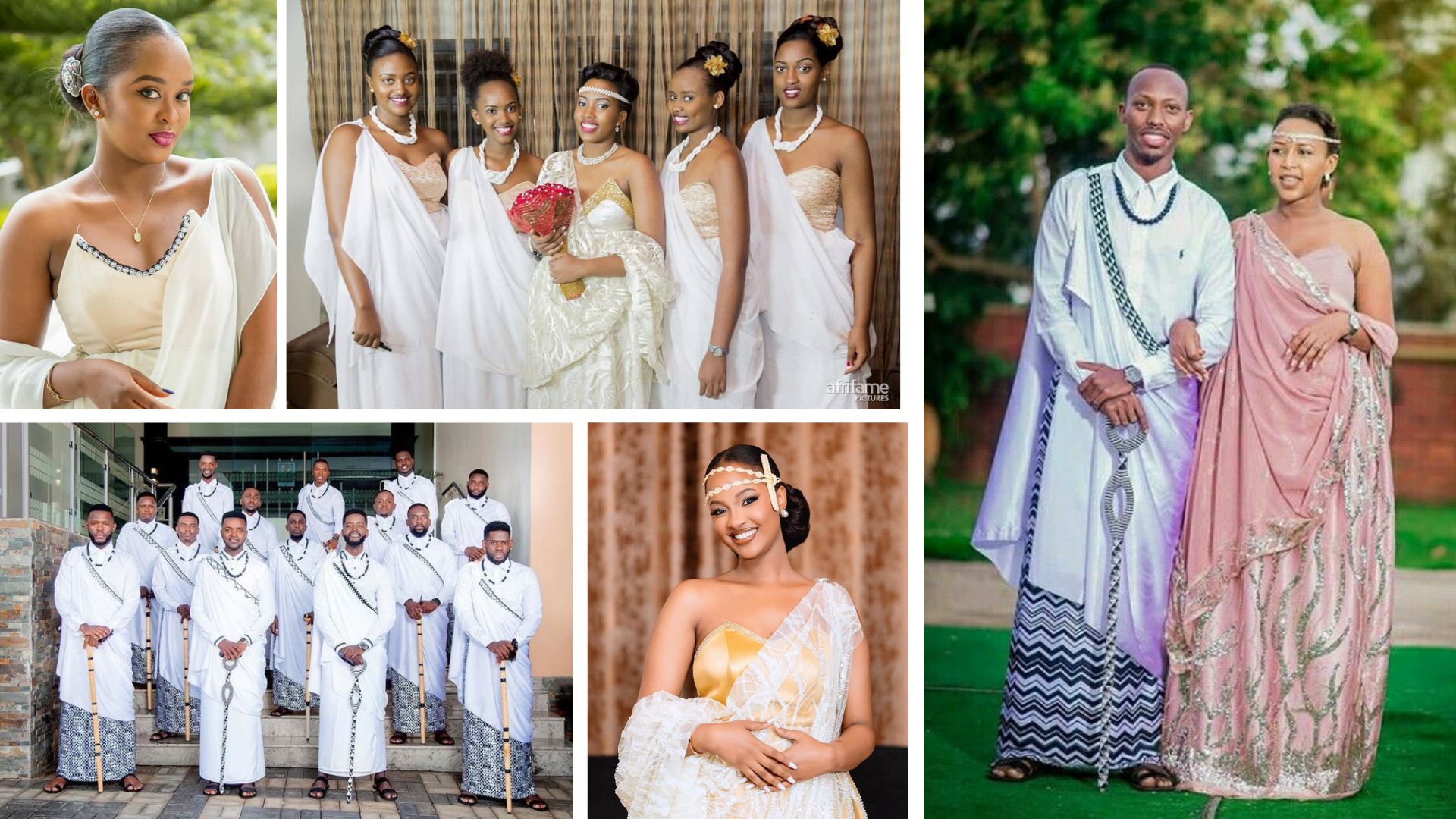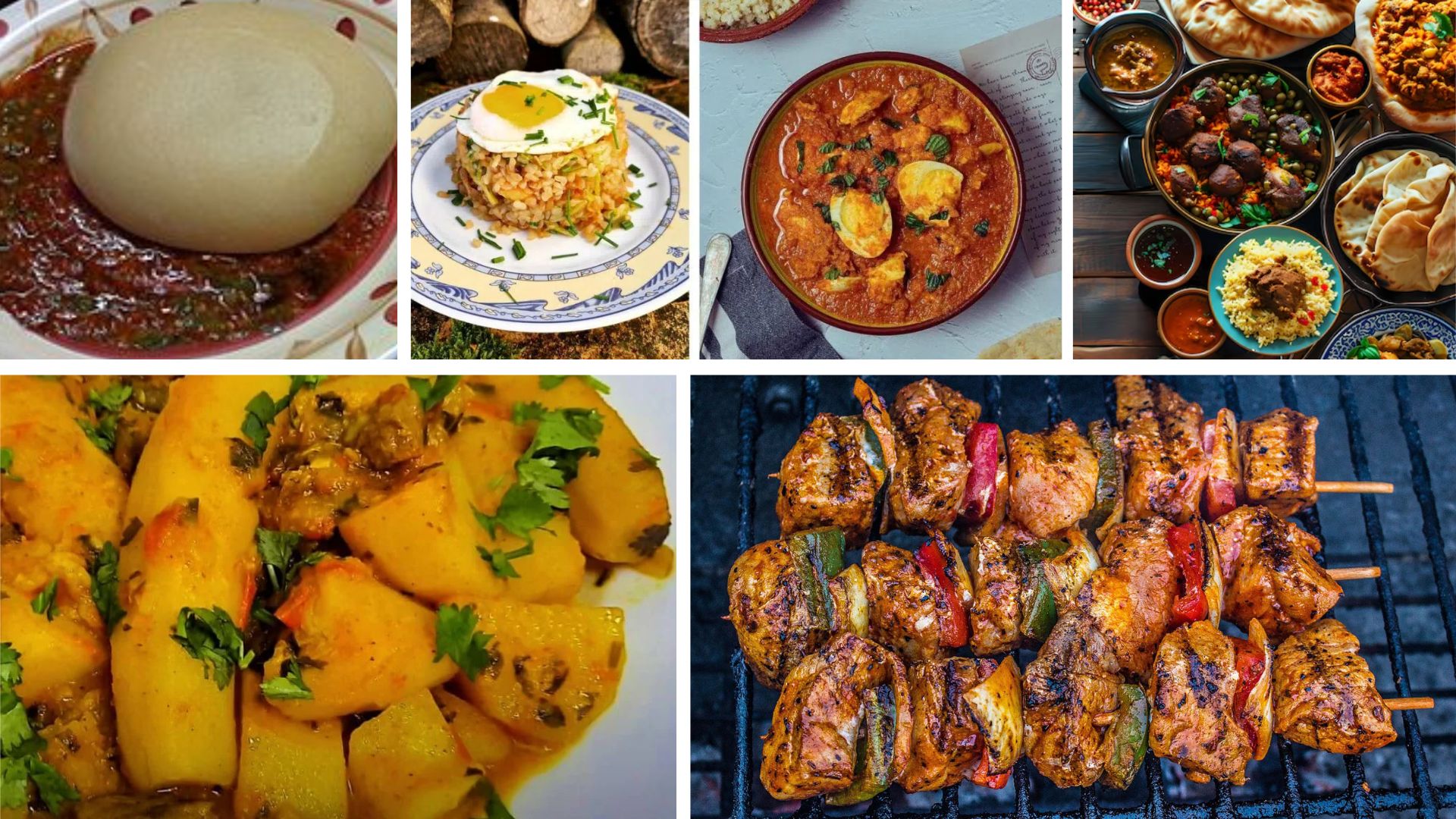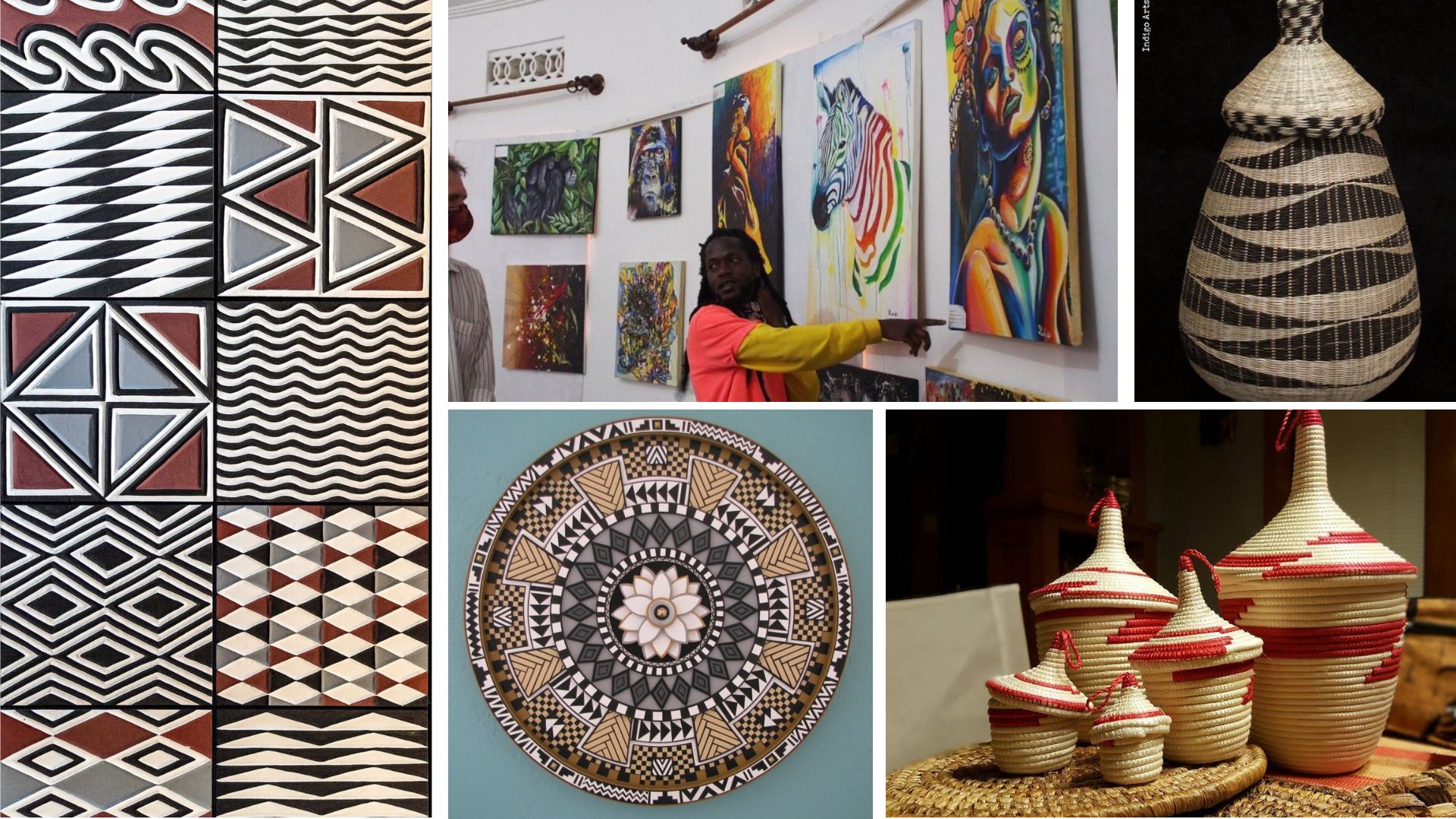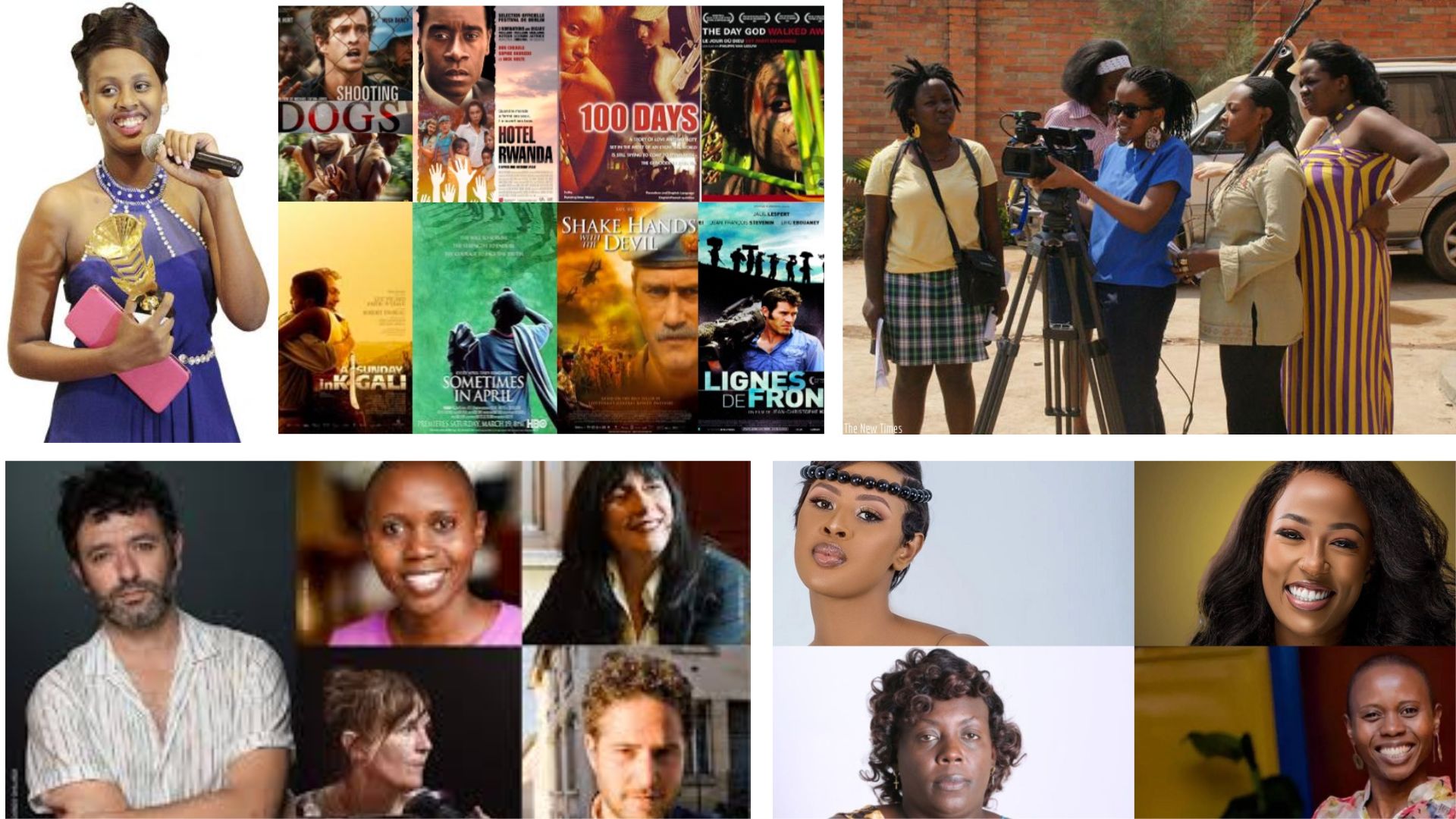Rwanda's culture is deeply rooted in its history and traditions. The country has a unified
state since precolonial times, with the Banyarwanda people sharing a single language and
cultural heritage. The culture is characterized by a strong emphasis on community, with people
often socializing and interacting with each other in public spaces. Traditional dances like
Amaraba and Intore are an integral part of ceremonies and festivals, showcasing elegant
footwork, clapping, and rhythmic gestures. The country also has a rich oral tradition, with
stories and poetry passed down through generations. Rwandans practice both Western and
indigenous forms of healthcare, and many continue to visit indigenous healers. The country has a
growing popular music industry, influenced by African Great Lakes, Congolese, and American
music, with hip-hop and R&B being the most popular genres.

Rwanda Clothing
Rwandan clothing is characterized by vibrant colors and patterns, reflecting the country's rich cultural heritage. Traditional attire includes the Agaseke, a woven basket made from grasses and fibers, worn by women as a headpiece or used as a decorative element. Men wear Ikembe, a traditional hat made from woven grasses, and Inkiko, a long, flowing robe. These traditional garments are often worn during cultural events and celebrations, such as weddings and festivals.

Rwanda Food
Rwandan cuisine is based on local staple foods produced by traditional subsistence agriculture. Staples include bananas, plantains, pulses, sweet potatoes, beans, and cassava. Meat is not a common part of the diet, and many Rwandans do not eat it more than a few times a year. Traditional dishes include Matooke, a dish made from steamed green bananas, and Ibikorwa, a stew made from beans and vegetables. Rwandan cuisine is simple yet flavorful, reflecting the country's agricultural heritage.

Rwanda Art
Rwanda is known for its traditional arts and crafts, including Imigongo, a unique cow dung art that dates back to the Gisaka kingdom. This art form involves mixing cow dung with natural soils of various colors and painting it into geometric patterns. Other traditional crafts include pottery, wood carving, and woven baskets. These crafts are often used for functional purposes, such as storage and decoration, rather than purely for aesthetic value.

Rwanda Film Industry
The Rwandan film industry is relatively new but has gained significant recognition in recent years. The country has produced several films about the Rwandan Genocide, including Hotel Rwanda, 100 Days, Shake Hands with the Devil, Sometimes in April, and Shooting Dogs. These films have been critically acclaimed and have helped raise awareness about the genocide and its impact on the Rwandan people.

Rwanda Economy
Rwanda's economy is primarily based on subsistence agriculture, with coffee and tea being the major cash crops. Tourism is also a significant sector, with the country's unique cultural heritage and natural beauty attracting visitors from around the world. The government has implemented initiatives to promote economic growth, including investing in infrastructure and supporting small and medium-sized enterprises. Rwanda has made significant progress in recent years, with a growing economy and a young, predominantly rural population